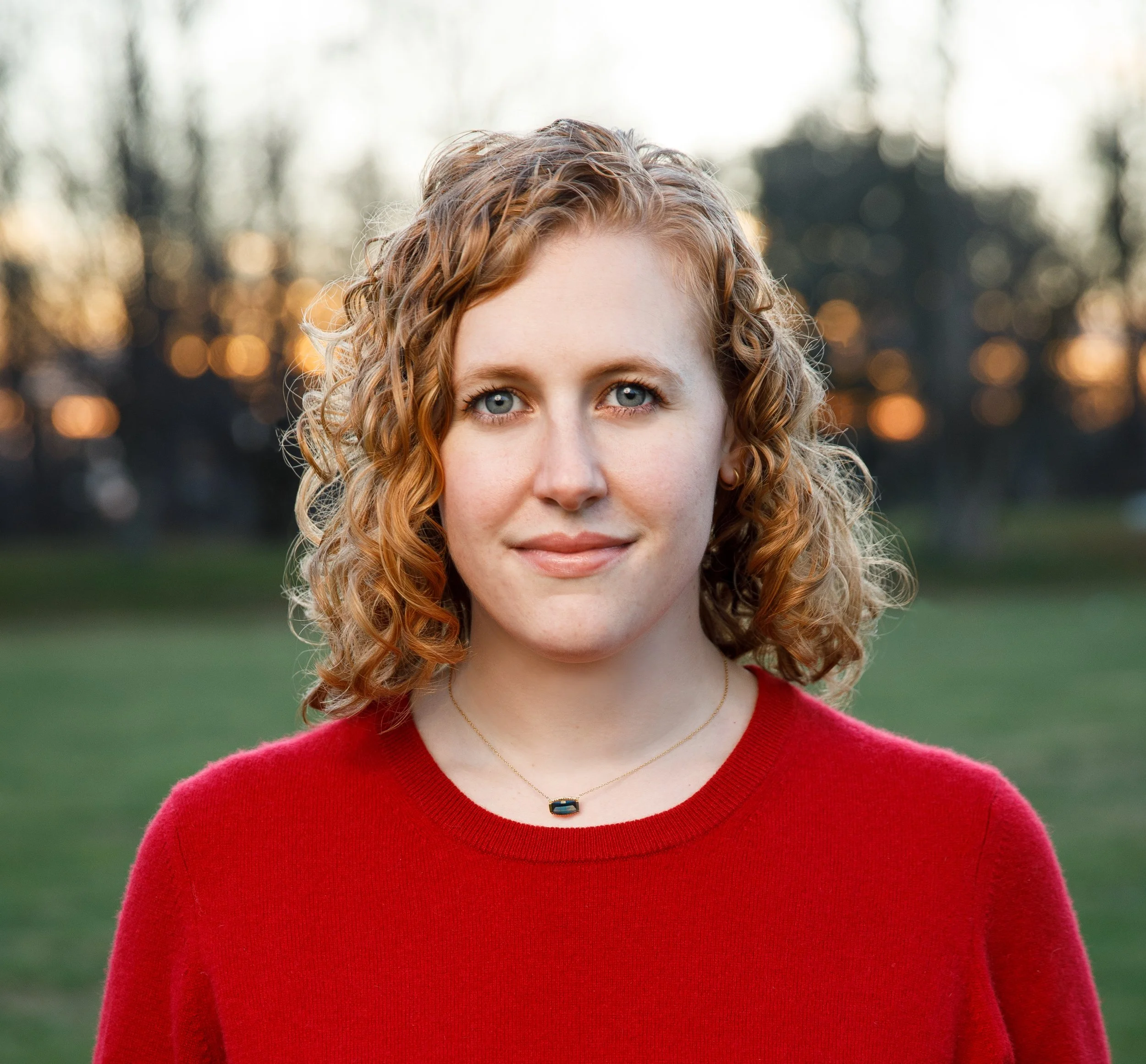What is your name?
Maya Jane Sorini (I usually write under the name “Maya J. Sorini).
Where are you from?
Rockville, Maryland
Who are your favorite authors and biggest inspirations?
When it comes to classic poets, Robert Frost is certainly my favorite, especially his love poems. Richard Siken is my all time favorite poet; I return to his work over and over.
Where did you discover poetry and how did you get into it?
Funnily enough, I was named after Maya Angelou, so I guess I was meant to be a poet! I’ve always been drawn to reading and writing; I’ve even found poems I wrote in elementary school (some real winners, I assure you).
Do you have a particular style you gravitate towards with writing?
Generally, I try to keep my writing as specific as possible. I’ve been lucky to work with some excellent writers and editors over the course of my education, including Maggie Spak, my senior English teacher; Nathaniel Rosenthalis, a poet who taught me in undergrad and as part of my master’s; and Jennifer Arch, who taught me to diagram sentences in college. Each of these people, and many more, helped me become my own editor, hone my voice, and taught pushed me to explore new forms and styles. I generally write in free verse, but I also use more traditional forms and impose rules onto my own writing, which I find helps the creative process. Whether its constricting myself to writing in couplets or just by paying extra attention to prosody, I find that incorporating classical elements into free verse puts it into conversation with more traditional work, and pays homage to those poets who founded the craft.
What was your first job as a writer?
I have done work in education, proofreading, poetry commissions, and performance, but it has never been my full time job.
What fuels your desire to write the way you do?
Poetry started pouring out of me the moment I started working in a hospital, without me having much say in the matter. I worked in clinical research for the trauma surgery department of an urban hospital in St. Louis, Missouri for three years. As I saw more and more suffering, lost more and more patients, the poems started to appear. I would scribble them down in the margins of chemistry notebooks during lectures. I found myself furiously typing out line after line in the notes app of my phone waiting at the coffee shop. There was no way to stop the poetry, and have found that the more of myself I give to the craft, the more I benefit from the creative catharsis of writing.
How do you prepare yourself to get into a writing mood?
See above!
How would you say your writing had developed over time?
I would like to think my ability to self edit has improved over time. As I said, my writing style is to let everything hit the page as it strikes me (whether that’s organically, or because someone has asked me to write something specific) and go back afterwards to clean up the mess. I consider the job of a poet to be for words what clay is in the hands of a potter. The clay has a say in its forming, will crack or curve as it sees fit, so the job of the sculptor is to work around the intrinsic features of the material to make it beautiful, and to make it theirs. I do the same things with stories. I have gotten better over time at finding which lines of my poems are natural, which lines are essential, and which are indulgences. As I edit, I try to make my work more specific, more poignant, more effective with each pass. As I learn to have soft hands with my writing, to let lines fall out even though they are precious to me, my writing becomes better.
How does your experience in the medical field influence parts of your writing?
My writing would not exist without my work in medicine. The emotional intensity of work in healthcare fuels the poetry I write, even when the poem is not explicitly about medicine. Caregiving is an intrinsic part of me, as is writing poetry; I cannot tease these forces apart from one another.
Do you have a general theme or motive that encompasses your work?
I have always said that all anyone ever writes about is themselves, but of course that means we all write from a unique, embodied, soulful perspective. My current project has been turning around the axis of the damaged body, particularly a body that bleeds, as can be seen in many of my poems. I am also working on a larger body of work centering the experience of womanhood and the way that heritage and family shapes our lives.
Three of your poems appeared in the book "The Body Only Speaks Her Own Language". Can you talk a bit about this book and the poems that were selected from you?
The book is actually an untitled anthology of work from Tofu Ink Arts press! There’s nothing really to be said about why those poems, other than they were the ones I submitted and thought went together thematically.
What advice would you give to aspiring writers/poets?
I hate to be trite, but follow that line in Hamilton, “Write your way out.” You can write your way out of and into so many places, places you may not have had the language to access in other forms. Poetry eschews those rules that bind us in the rest of our lives: it tells us we needn’t worry about being too metaphorical, we don’t have to think in full sentences, we can be specific or vague, self indulgent, confusing, utterly obtuse. Write it all, write things that are weird, that are bad, that are essentially plagiarism (but do not pass it off as your own!). Your journal, or wherever you jot your poems, is yours. You can tell it anything in the world, and when you come back to it, it will have held the experience for you just as you left it. There is an infinite power in the ability to store thoughts in a place outside our own heads- use it.
Would you like to share a bit about your experience when you attended the Pathways and Confluences event?
It was a lovely event! I was honored to present some of my work along with the other performers. Working in multidisciplinary spaces is essential as an artist; it pushes you outside your own microcosm and forces you to take new perspectives.
Of the many different art forms people use to express themselves, why is it that writing is your tool in getting your voice out there?
I have always been a talker, motivated by and indebted to words, so the written/spoken word has been the most natural way for my inner life to peek out into the public sphere. Poetry appeals to me because it does not pull punches- it says exactly what it wants to say, without regard for grammar or structure. The freedom that poetry gives us is limitless; it is an endless expanse to bask in.
Do you have any projects that you are working on now, or do you have something planned for the future?
I am currently putting the finishing touches on a full-length collection entitled, “Bleeding Experiments” that centers on my experiences in trauma care and life in a damaged body.
To follow Maya’s work, visit:
http://mayajanesorinipoetry.ag-sites.net/index.htm
Interview by Hugo Gatica, May 2022

